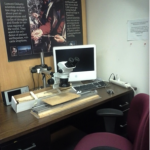
Tucked away in the corner of the Lamont campus, a lone building is marked only with the words “Tree Ring Lab” in fading white paint on a cross-section of a tree. Although the lab holds an idyllic charm with dendro-chronologists walking barefoot and sipping foreign teas, this is the home to some of the most ground-breaking tree ring research.
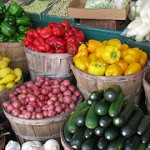
Climate change affects the agricultural sector directly, by altering growing seasons through precipitation and temperature changes and increasing the number of extreme events that can destroy whole crops. In an urban environment, however, the effects can be compounded by reliance on the transportation sector to ship in most food items, population density creating high demand in a small region and economic disparity.
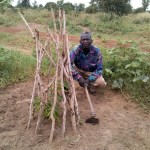
One significant effect of climate change is increased climate variability. High temperatures are going to become higher and extremes will be more frequent, dry spells are going to last longer, storms are going to be more intense. Many parts in Africa are already feeling this effect: long dry spells and food shortages are followed by intense storms and flash floods. In Uganda, the Partners for Resilience (PfR) are working to help marginalized communities adapt to this increased variability by implementing early warning systems across timescales.
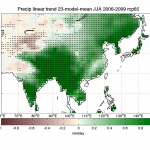
A “Monsoon” is traditionally defined as a seasonal reversing surface wind and corresponding change in precipitation. Monsoon regions experience a sharp contrast between a wet summer and a dry winter. The Asian monsoon, including regional monsoons over South Asia, East Asia and Northwest Pacific, is one of the major monsoon systems of the world. Since summer monsoon precipitation dominates the total annual precipitation in these regions, analyzing changes to the monsoon has important implications for water resources, agriculture, food security, etc.
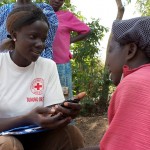
In rural Uganda, an evaluation to discover how much a Red Cross project taught communities about climate change and disaster risk reduction instead shows how much there is to learn from these communities.
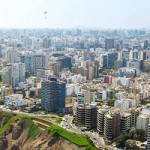
Climate change has been ascending in the Peruvian environmental public agenda, with greenhouse gas (GHG) mitigation being recognized as an opportunity to address structural issues such as environmental degradation, social conflict, and competitiveness. As one of the fastest growing countries in Latin America, Peru has the opportunity to shape its development model before getting locked-in to a highly emitting, low technology and socially exclusive economy
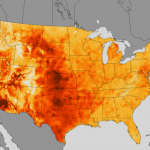
How hot is too hot? How much does humidity matter? Is a heat wave in May worse than one in August? These are the questions being worked out at the IRI, in pursuit of creating a heat wave map room for the Red Cross/Red Crescent Climate Centre. The questions are deceptively simplistic, but the answers could have major health implications. And they’ve been on the mind of one Climate and Society student every day this summer.
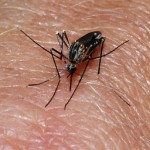
Early Warning Systems based on seasonal climate forecasts together with Early Detection Systems have proved essential to preventing and controlling malaria and cholera outbreaks throughout Sub-Saharan Africa.
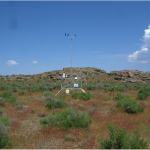
The heated debate on climate change often brings into question how much our planet may or may not actually be warming. Are recent heat waves and wild land fires actual phenomena of anthropogenic climate change or are they nothing more than a sporadic event experienced from time to time? And just how accurate is station data utilized to make future projections?

With international policy efforts to limit greenhouse gas emissions stalling over the past two decades, it is an increasingly recognized opinion that climate change adaptation strategies, and the policies that enable them, must be given immediate priority. In contrast to mitigation, adaptation seems in many ways the more straightforward approach to tackling the challenges of climate change, with more attainable goals in the short term.













